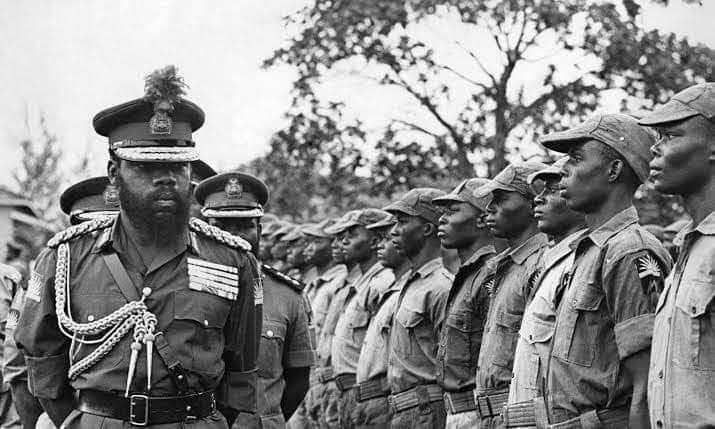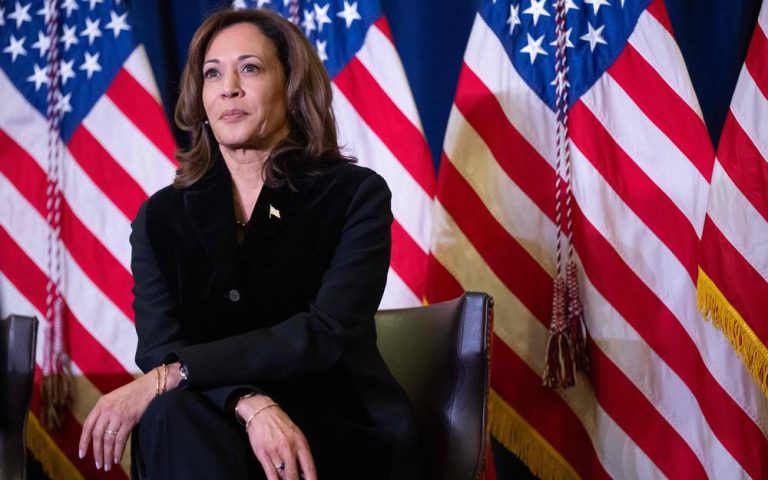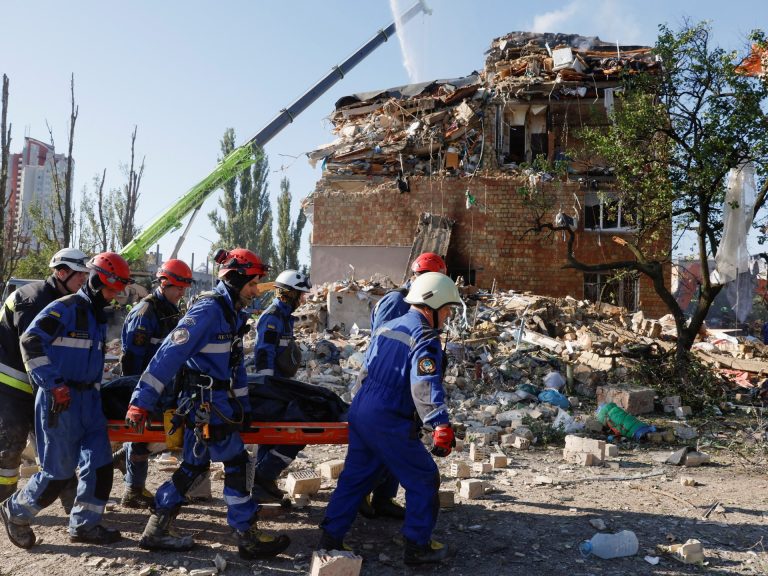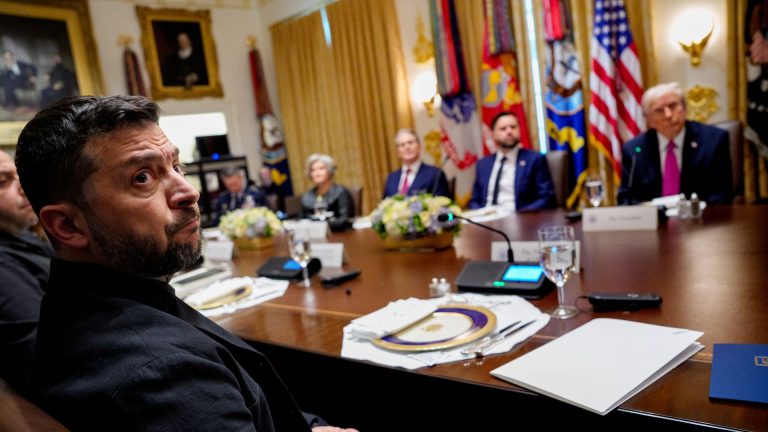
On July 6, 1967, Nigeria descended into a brutal civil war that lasted nearly three years and claimed over one million lives. Known as the Nigerian Civil War or the Biafran War, the conflict was sparked by deep political, ethnic, and economic tensions that tore the young nation apart.
The Road to War
Nigeria, newly independent from Britain in 1960, was already grappling with fragile unity. Tensions between the three major ethnic groups, Hausa-Fulani in the north, Yoruba in the west, and Igbo in the east escalated after a series of coups in 1966.
Following the massacre of thousands of Igbos in the north, the Eastern Region, led by Lt. Colonel Chukwuemeka Odumegwu Ojukwu, declared independence as the Republic of Biafra on May 30, 1967
The War Breaks Out
The federal government under General Yakubu Gowon refused to accept secession. On July 6, 1967, Nigerian troops advanced into Biafra, marking the start of the civil war.
The war was characterized by fierce battles, widespread famine, and devastating blockades. Biafra was cut off from supplies, leading to severe hunger and starvation among civilians an image that shocked the world through haunting photographs of malnourished children.
Humanitarian Crisis
The Biafran famine became one of the worst humanitarian disasters of the 20th century. International aid organizations, including the Red Cross and Caritas, mobilized massive relief efforts. Yet, an estimated one million civilians – mostly children died from starvation and disease.
The End of the War
By January 1970, Biafra was overwhelmed militarily and economically. On January 15, 1970, Ojukwu fled into exile, and Biafran officials surrendered to the Nigerian government. General Gowon declared the war over with his famous policy of “No Victor, No Vanquished”, promising reconciliation and reintegration.
Legacy of the Civil War
The Nigerian Civil War left scars that still shape the country’s politics, ethnic relations, and calls for self-determination today. While Nigeria has grown into Africa’s most populous nation and largest economy, the memory of Biafra continues to spark debates about justice, federalism, and unity.




